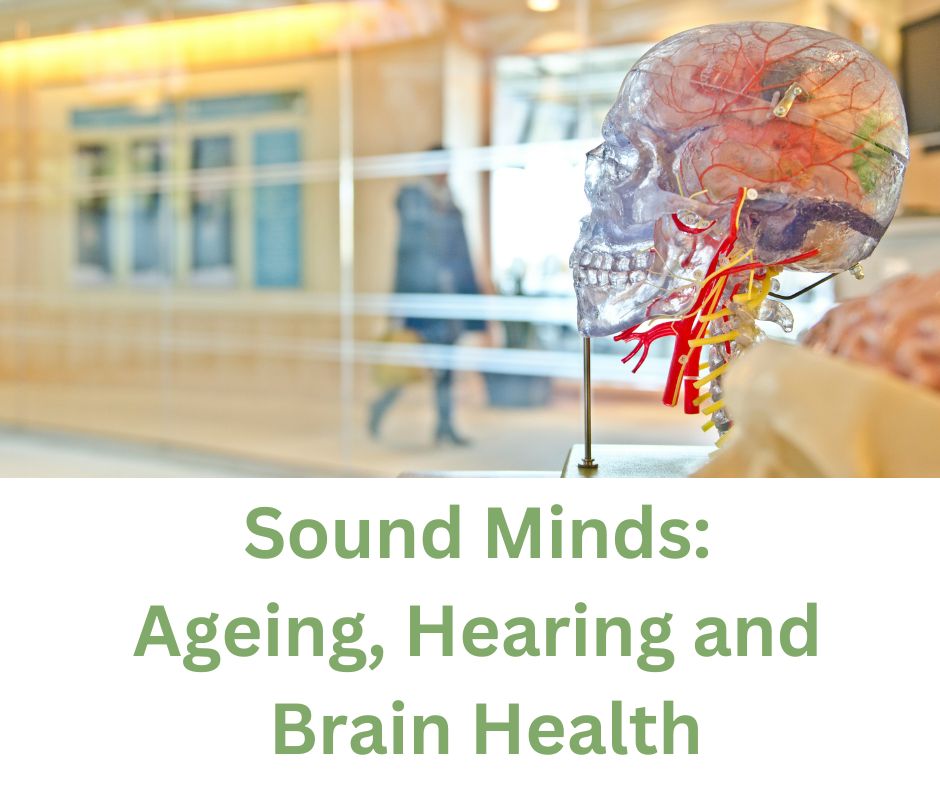This month, our Audiologist Madeleine was invited to attend an information day at Lancaster University, after meeting Dr Helen Nuttall, a senior lecturer at the university, at the Paris World Congress of Audiology in September. Dr Nuttall has an interest in the brain and hearing loss.
The Sound Minds: Ageing, Hearing, and Brain Health information day on 11th November was dedicated to research into age-related hearing loss and showcased the latest research into age-related hearing loss and brain health being conducted at the University. It encouraged attendees to get involved by contributing to discussions on the future focus for research to improve the quality of life for older adults with hearing loss, while informing them about the studies where they can actively participate.
Madeleine enjoyed hearing all about the types of investigations carried out by the university, including the use of hearing and balance tests, and a tour of the neuroscience research laboratory. There was an opportunity to get hands-on with some demonstrations of hearing and brain experiments conducted by PhD students, including a VR experience simulating what hearing loss is like.
Finding subjects who are willing to take part in studies surrounding ageing is vital for research in this field to be undertaken.
Dr Nuttall’s team at Lancaster University, along with the Centre for Ageing Research, are always on the lookout for people to sign up and join in with their research. If you are aged over 55 years old, have an interest in supporting research on how we can ensure older people experience an active and healthy older age, and would like to register your interest in joining the panel, you can follow this link and scroll down until you see the section titled C4AR research panel.
https://www.lancaster.ac.uk/health-and-medicine/research/c4ar
Our Audiologist Madeleine says: “Brain health and hearing ability are linked, but how? The research can be hard to unpick, and the media can sensationalise results or simplify it into sound bites that lose scientific credibility. So, the more research that can be done, the better. But the research must be good quality to allow us to draw conclusions. For this to happen the number of participants in the study, or sample size needs to be large enough.
Hearing loss, if left untreated, can cause a person to become isolated. This isolation can lead to loneliness. Our brains thrive off stimulation and, if we are avoiding social situations due a change in our ability to hear conversation, this can be detrimental to brain health.
Maintaining brain health is important to slow cognitive decline as ageing occurs.”
This can be a sensitive and emotive topic, and we understand the feelings of apprehension around finding out more. Here at Lakeland Hearing, both of our highly qualified and experienced Audiologists, Vicky and Madeleine, have attended Phonak’s Enhancing Cognitive Health with Hearing Optimisation (ECHHO) Training Course and would be very happy to talk to anyone more about the subject.https://lakelandhearing.co.uk/

